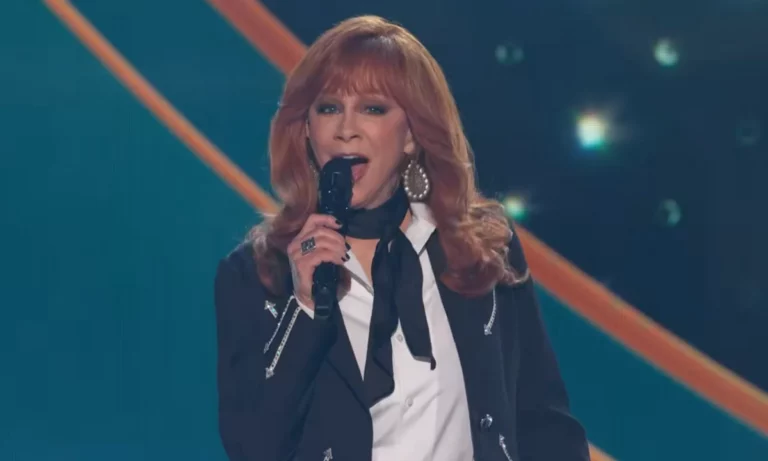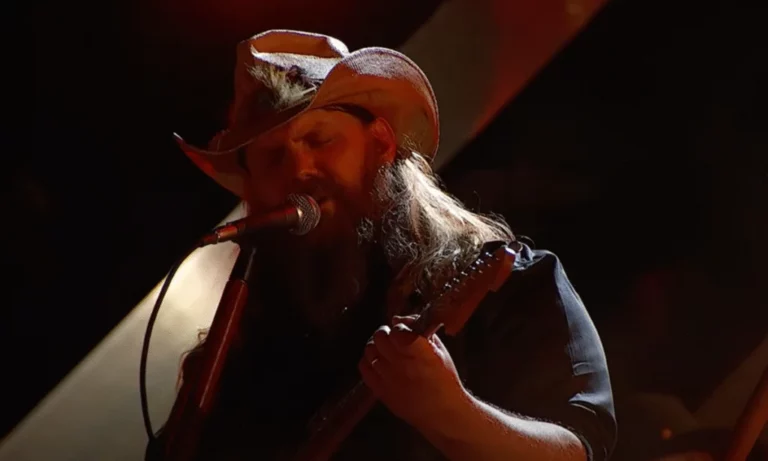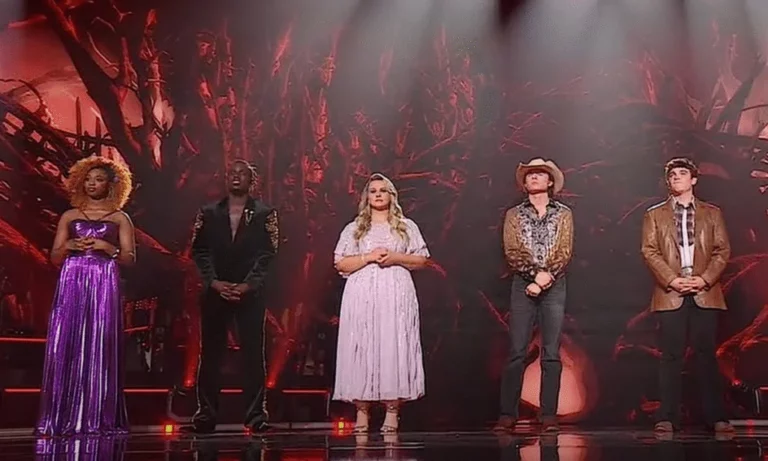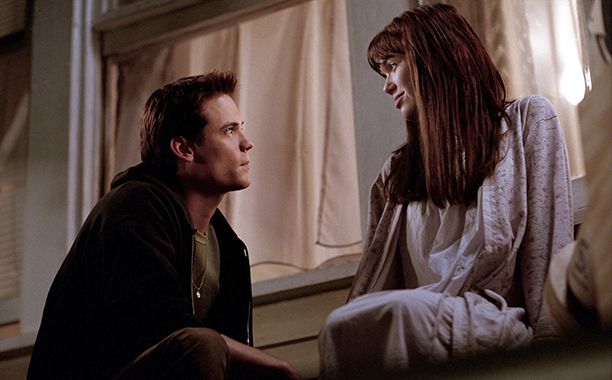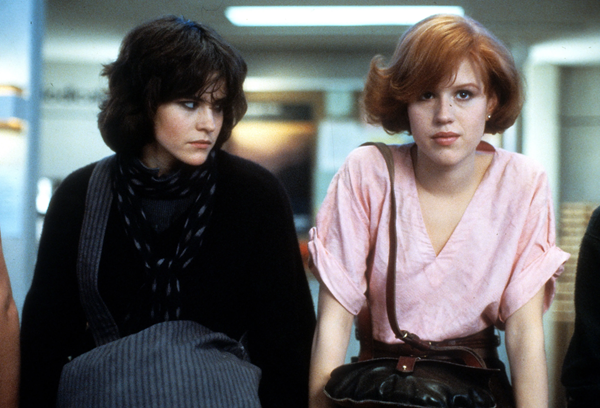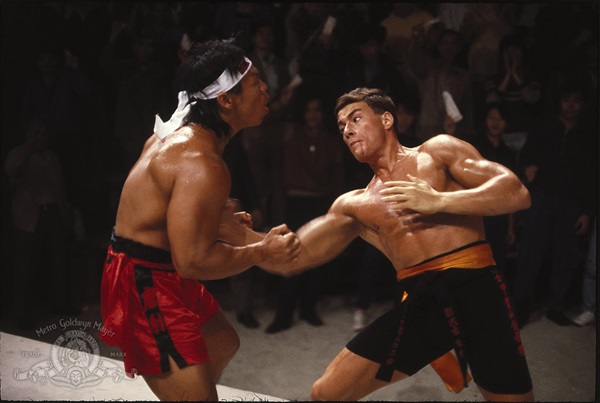FRISCO, TEXAS – May 8, 2025 – The 60th Annual Academy of Country Music Awards opened with a performance that immediately set the tone for the night — not with fireworks or flash, but with raw emotion, real pride, and a tribute that left thousands visibly moved.
Country music icon Reba McEntire, often referred to as the “Queen of Country,” took the stage at the Ford Center not just as a host or performer — but as a voice for the unheard.

Reba’s Message to the “Country Bumpkins” and the Forgotten
As the arena fell quiet and a soft spotlight traced her every step, Reba stood still. With her head slightly bowed and her voice cracking with emotion, she opened the night with a message that felt deeply personal:
“I sing this song for everyone who has ever been looked down upon, who has ever been called a country bumpkin, who has ever been laughed at just because they are real.”
In that moment, the room fell silent. No music. No applause. Just stillness — as if the audience knew something rare was unfolding.
“Okie from Muskogee”: A Tribute That Cut Straight to the Heart
Then came the unmistakable intro to “Okie from Muskogee,” Merle Haggard’s 1969 classic that celebrates small-town values, resilience, and rural American pride. As Reba began to sing, it wasn’t just a cover — it was a lived experience brought to life.
Each lyric echoed like a memory. And in every corner of the arena, eyes filled with tears. People clutched hands. Artists in designer gowns wiped away mascara. Fans stood stunned as Reba breathed new life into a song that once stood as a symbol — now transformed into a message of validation and belonging.
Even the younger generation of country stars, many of whom may have only heard “Okie from Muskogee” as a relic of a bygone era, stood frozen. For them, this was the power of heritage in real time.
A Standing Ovation That Said It All
As the final note of the performance faded, the silence gave way to thunderous applause. The audience rose to their feet for a standing ovation that lasted more than a full minute — not for theatrics, but for truth.
For those watching live and at home, it was clear: this wasn’t just a nostalgic throwback. It was a recognition of real people, real roots, and real emotion.
Later, ACM Executive Producer Ben Winston released a statement that perfectly captured the essence of the moment:
“We knew Reba would bring heart. What we didn’t expect was for her to bring the soul of America to the stage.”
The Message Behind the Music
As the show continued with high-energy duets, surprise collaborations, and genre-bending performances, many in attendance agreed — Reba had already delivered the night’s defining moment.
Because this wasn’t just about one song or one artist.
It was about the people behind the music.
It was about those who’ve been overlooked, underestimated, or misunderstood — and finally got their moment to be seen.
A Legacy Cemented in Truth
Reba McEntire didn’t just open the ACM Awards.
She opened hearts.
She told the story of country music — not as a genre, but as a testament to life, loss, pride, and perseverance.
And in doing so, she reminded us all:
Country music isn’t a trend — it’s a truth.
